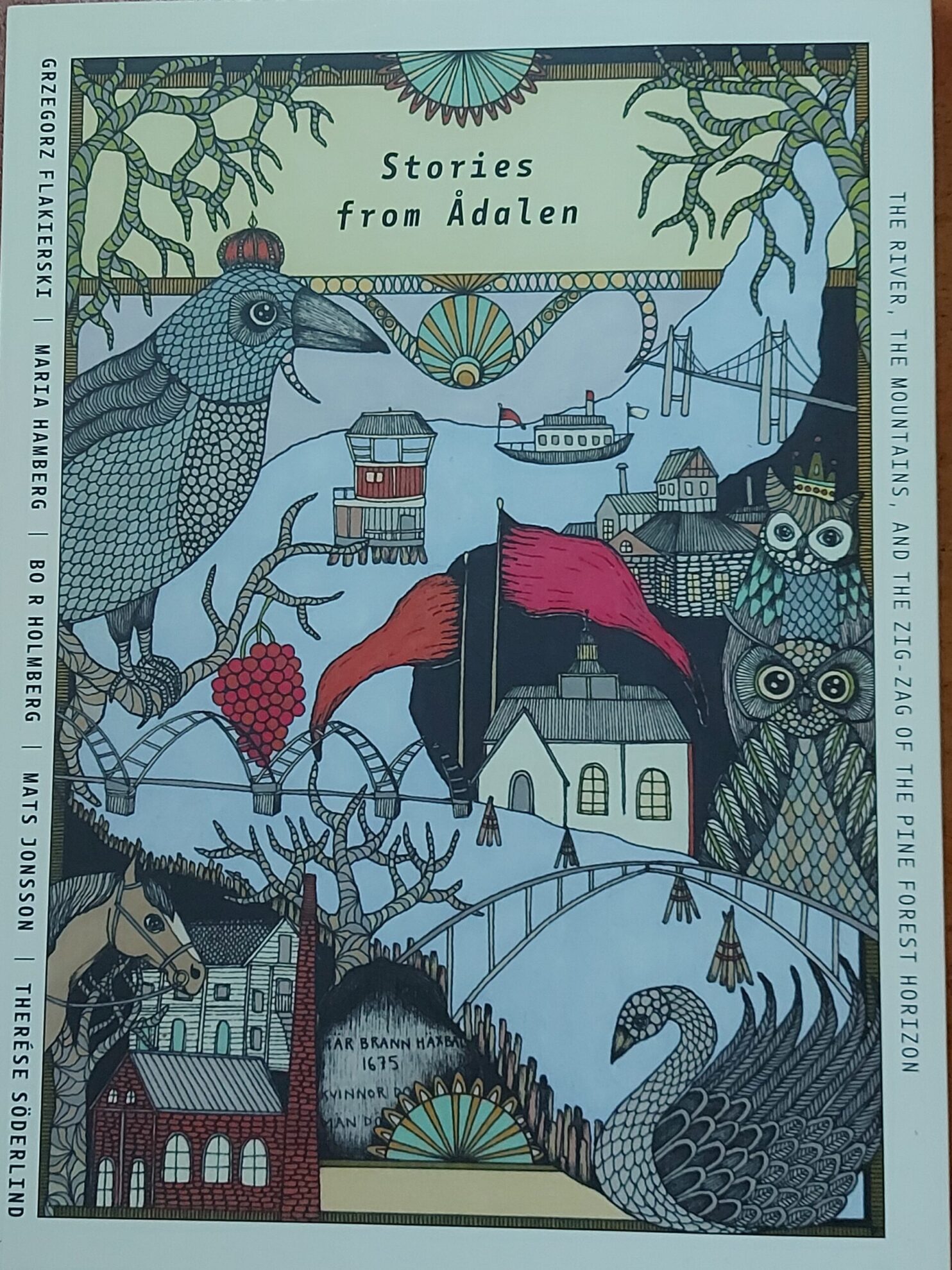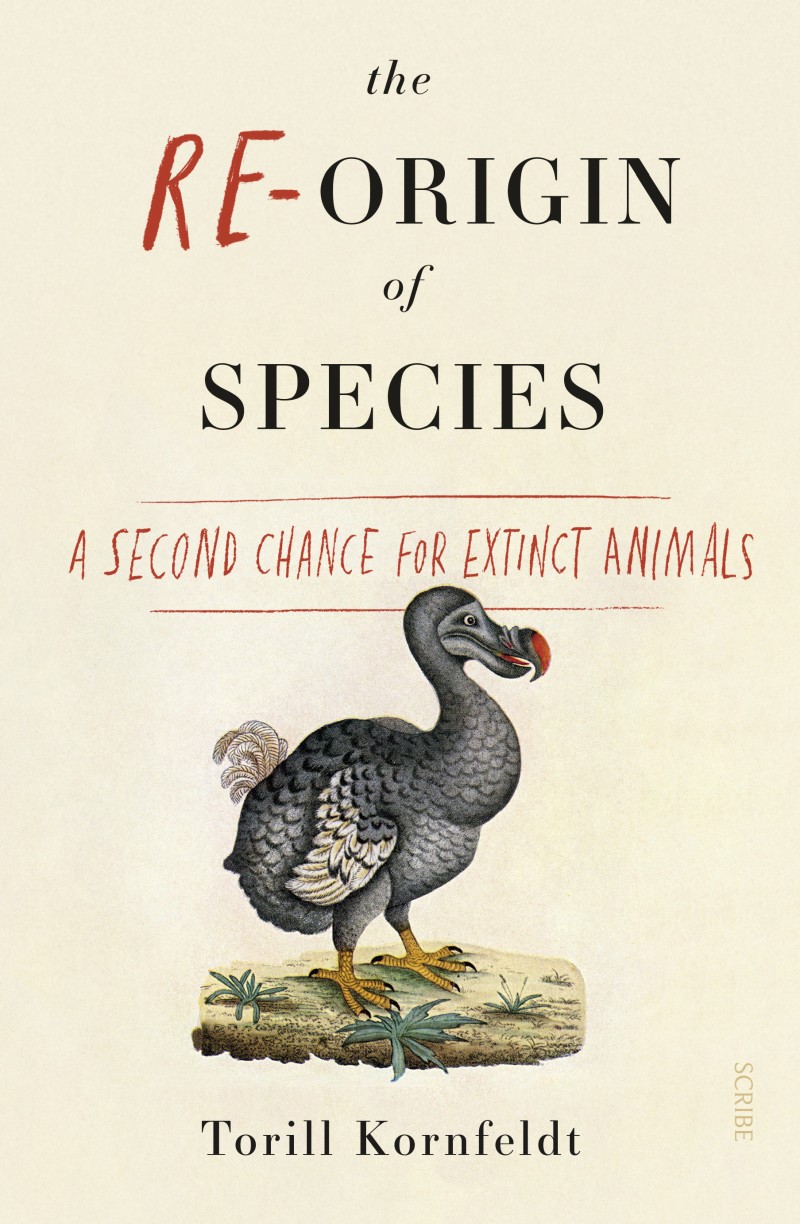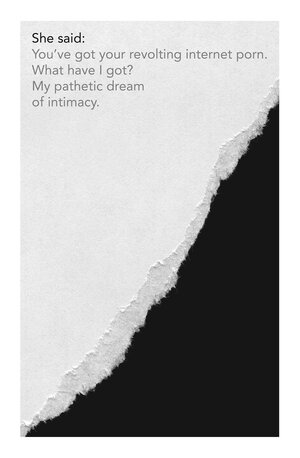Stories from Ådalen
Translator: Kate Lambert
Author: Maria Hamberg, Grzegorz Flakierski, Mats Jonsson, Bo R Holmberg, Thérese Söderlind
Publisher: Kramfors kommun, Region Västernorrland, Länsstyrelsen Västernorrland
Year of Publication: 2018
Five stories from the history of Ådalen in northern Sweden. Witch trials, the labour movement, the logging industry, an engineering disaster and a graphic short story.
Maria Hamberg’s story of two brothers “Erik and Gustav” describes the collapse of the Sandö bridge in 1939, a tragedy overlooked due to the Second World War starting on the following day.
In Grzegorz Flakierski’s story “To Lunde” an old lady remembers the workers’ uprising in 1930 when the Swedish army was called in to stop the protest against strike-breakers and five people were killed.
Mats Jonsson’s contribution is an autobiographical comic strip translated by Mikael Weichbrodt.
Bo R Holmberg’s story “When the river was timber” is a clear evocation of life at the Sandslån log sorting station in the 1950s.
Thérese Söderlind’s final tale takes us far back to 1675 and the witch trials in which about seventy people were sentenced to death on the testimony of their children.




